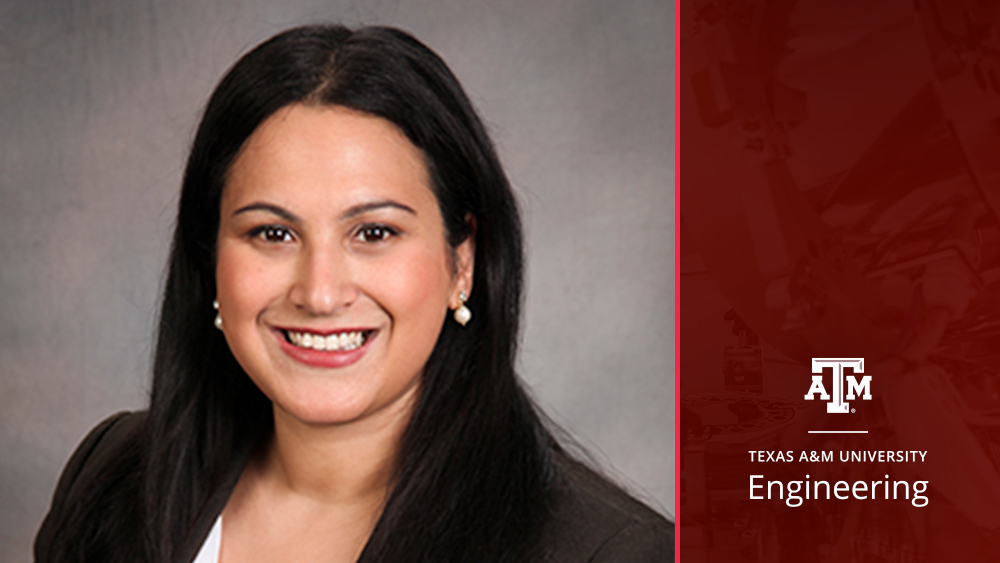
Dr. Shaheen Dewji, assistant professor in Texas A&M University’s Department of Nuclear Engineering, will participate in an expert panel webinar on Jan. 21, 2021, hosted by the American Nuclear Society. The webinar, titled “Talking About Low-dose Radiation Risk,” will include a panel of five experts who will discuss how to communicate the risk of low-dose radiation to the general public.
Dewji is a faculty fellow for the Center for Nuclear Security Science and Policy Initiatives, where she oversees the Radiological Engineering, Detection and Dosimetry (RED2) research group. Her research interests include radiation protection and dosimetry, nuclear medicine, emergency response and defense, and Monte Carlo computational detector validation.
As Dewji will discuss with her colleagues, it is well known that high levels of radiation exposure can prove fatal or lead to the development of cancer. However, researchers are still trying to understand the effects of low-dose radiation on the human body. Americans are exposed to trace amounts of radiation every day, about half of which comes from natural background radiation from the Earth. The other half comes from medical, commercial and industrial sources such as x-ray examinations or the natural radiation in food. The small amounts of radiation that humans are exposed to have not been shown to cause any harm, but the data are still inconclusive.
The webinar will discuss the efforts of a sustained low-dose radiation research program and how to improve risk communications practices with the public. The panelists include Dr. Amir Bahadori from Kansas State University, Dr. Donald Cool from the Electric Power Research Institute, Dr. Paul Locke from Johns Hopkins University Bloomberg School of Public Health, and Mary Lou Dunzik-Gougar from Idaho State University and American Nuclear Society president.